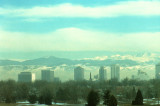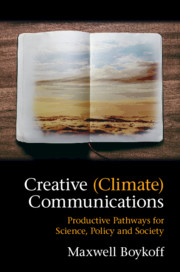 Creative (Climate) Communications [starts at 7:40] As a climate scientist Professor Max Boykoff is part of a community that has been persistently making the case that global warming is a serious problem, with severe and widespread consequences and that human activity is contributing to the problem and significant changes in human behavior is instrumental to addressing the problem, and averting disaster.
Creative (Climate) Communications [starts at 7:40] As a climate scientist Professor Max Boykoff is part of a community that has been persistently making the case that global warming is a serious problem, with severe and widespread consequences and that human activity is contributing to the problem and significant changes in human behavior is instrumental to addressing the problem, and averting disaster.
Despite advances in the realm of science, the effort to change attitudes, habits, beliefs and ultimately behavior and policy, has not been nearly successful enough. And so Max Boykoff, as Director of the Center for Science and Technology Policy Research, studies, specifically in the realm of science, how opinions are formed, why arguments are believed or dismissed, what really works to motivate individuals to change habits and what really works to impel societies and governments to switch policies and priorities. With global warming the stakes could not be higher. And so this sets the stage for his latest book released just last month from Cambridge University Press: Creative (Climate) Communications.
Host, Producer, Engineer: Chip Grandits
Additional Contributions: Joel Parker
Executive Producer: Beth Bennett
Listen to the show:
Podcast: Play in new window | Download (Duration: 27:24 — 25.1MB)
Subscribe: RSS




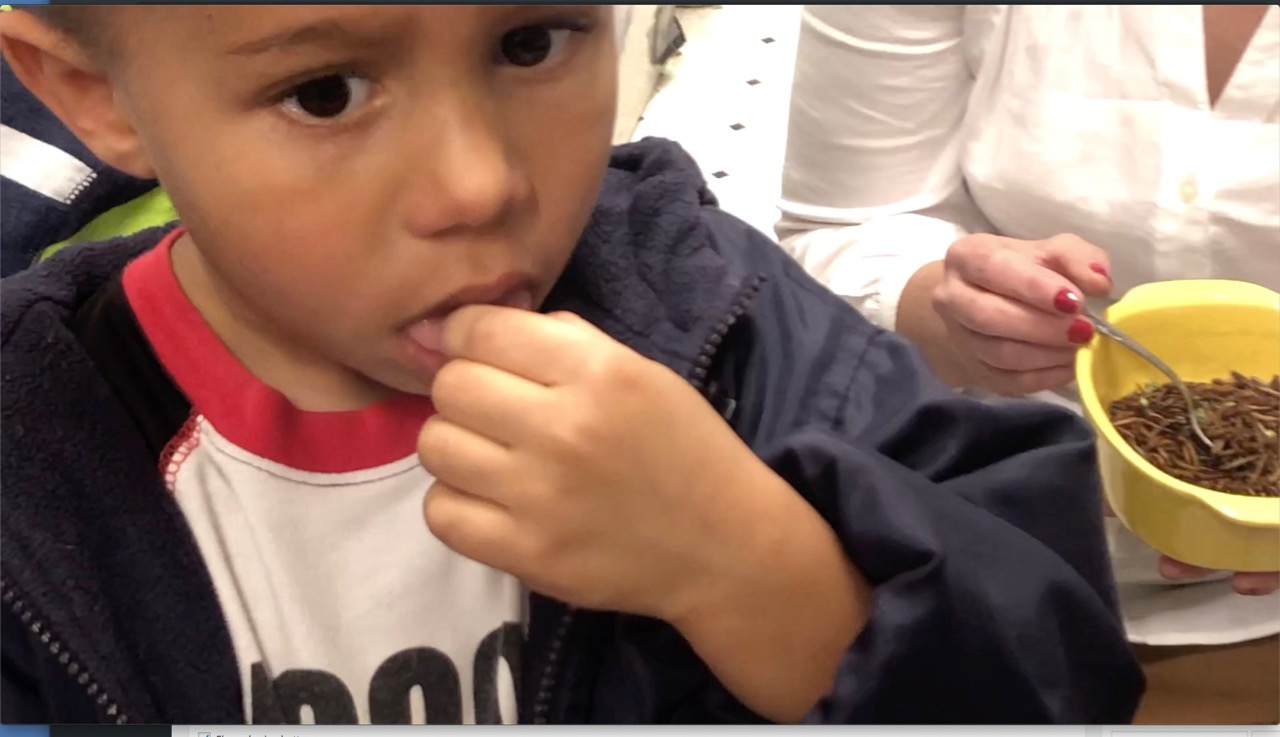
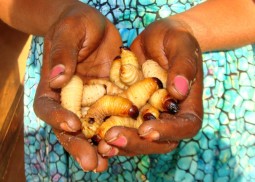
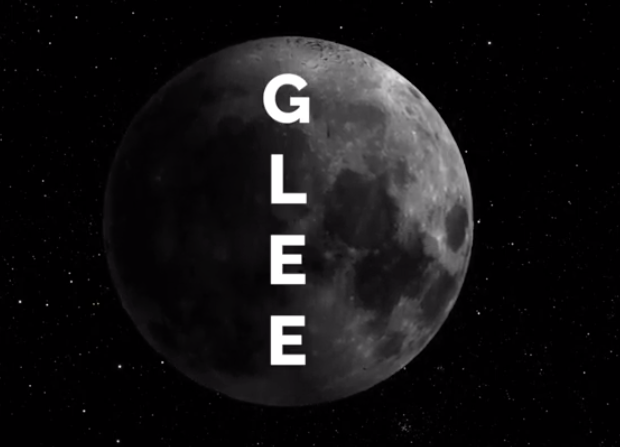
 GLEE (starts at 8:06) We just recently celebrated the 50th anniversary of the first Moon landing. After the Apollo missions, scientists
GLEE (starts at 8:06) We just recently celebrated the 50th anniversary of the first Moon landing. After the Apollo missions, scientists 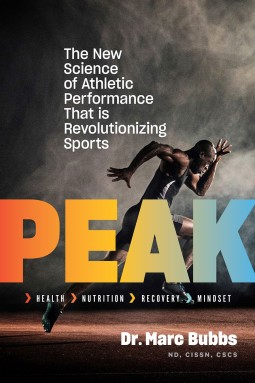
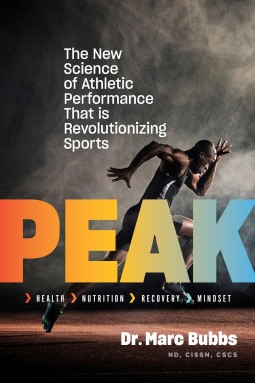 In this episode, Beth speaks with Dr Marc Bubbs, author of Peak: The New Science of Athletic Performance, his book exploring the fundamentals of high performance. He offers science-based strategies on nutrition, training, sleep, recovery, and stress management to optimize performance for all levels of athletes and trainers. You can read more about the book
In this episode, Beth speaks with Dr Marc Bubbs, author of Peak: The New Science of Athletic Performance, his book exploring the fundamentals of high performance. He offers science-based strategies on nutrition, training, sleep, recovery, and stress management to optimize performance for all levels of athletes and trainers. You can read more about the book 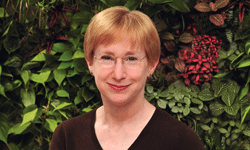

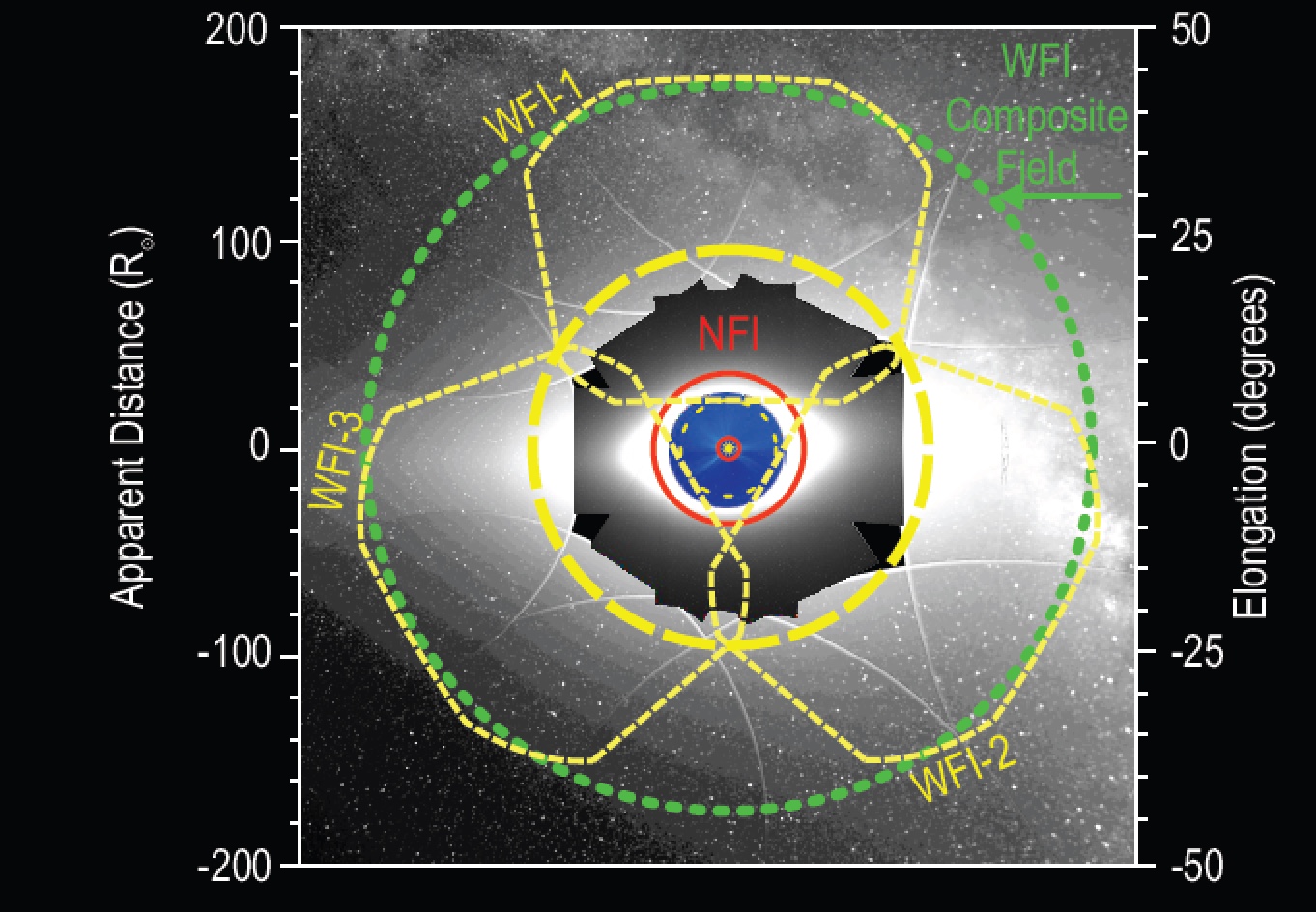

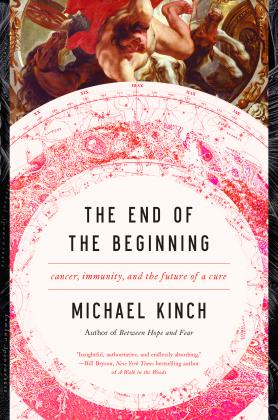
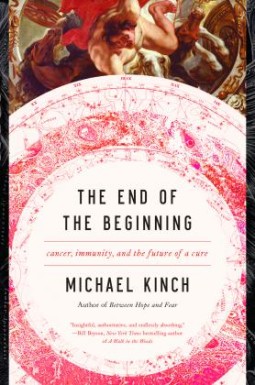 Despite all the advances in modern medical science, a diagnosis of Cancer often casts a pallor of hopelessness, for both the patient and the practitioner. For many types the prognosis is often poor; the cure is often worse than the disease; victory is usually called simply remission, temporary, perhaps fleeting. One might think the inability to find a cure indicates bafflement by our scientists and stagnation in our efforts. According to Professor Michael Kinch, there is in fact a frenzy of activity by scientists and doctors. And a recent spate of breakthroughs, developing treatments based on the inherent powers of our immune systems, represent not a refutation of all we have known before, but a continuation of efforts made by medical pioneers stretching back over a century. His latest book is titled The End of The Beginning: Cancer, Immunity and the Future of a Cure. Kinch was a professor at Purdue University, where he researched breast and prostate cancer. He then went on to found an oncology program at the biotechnology company MedImmune. He is now professor and vice-chancellor at Washington University in St. Louis. Here he shares with Chip Grandits stories from the front lines in the battle with cancer, both past and present. He speaks with what can best be described as a disciplined optimism.
Despite all the advances in modern medical science, a diagnosis of Cancer often casts a pallor of hopelessness, for both the patient and the practitioner. For many types the prognosis is often poor; the cure is often worse than the disease; victory is usually called simply remission, temporary, perhaps fleeting. One might think the inability to find a cure indicates bafflement by our scientists and stagnation in our efforts. According to Professor Michael Kinch, there is in fact a frenzy of activity by scientists and doctors. And a recent spate of breakthroughs, developing treatments based on the inherent powers of our immune systems, represent not a refutation of all we have known before, but a continuation of efforts made by medical pioneers stretching back over a century. His latest book is titled The End of The Beginning: Cancer, Immunity and the Future of a Cure. Kinch was a professor at Purdue University, where he researched breast and prostate cancer. He then went on to found an oncology program at the biotechnology company MedImmune. He is now professor and vice-chancellor at Washington University in St. Louis. Here he shares with Chip Grandits stories from the front lines in the battle with cancer, both past and present. He speaks with what can best be described as a disciplined optimism.


